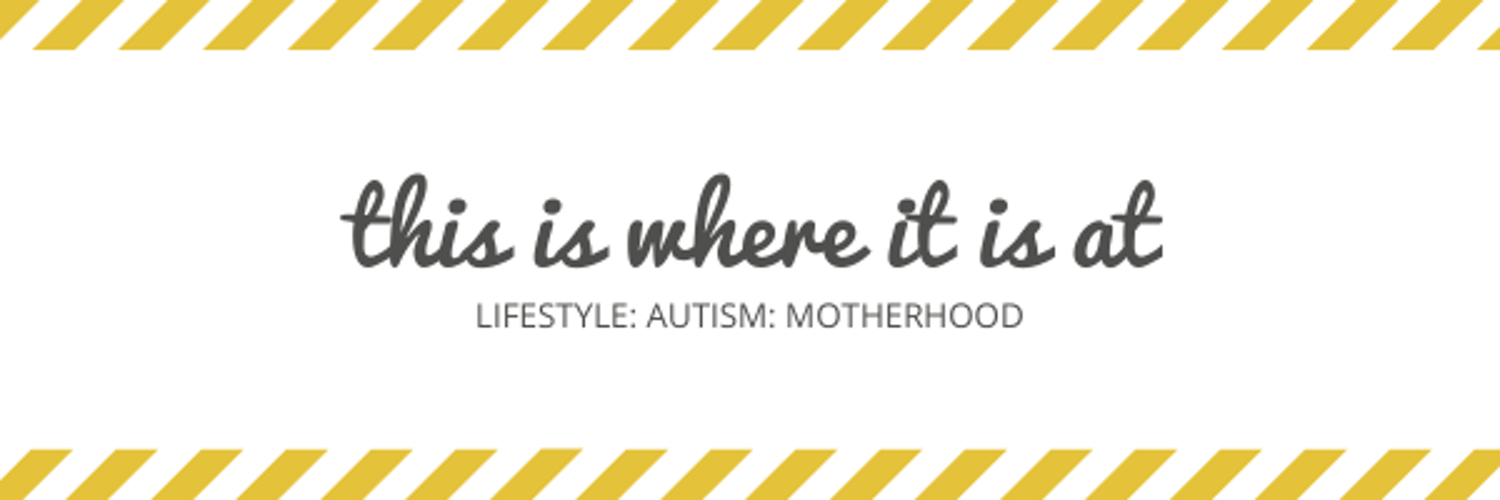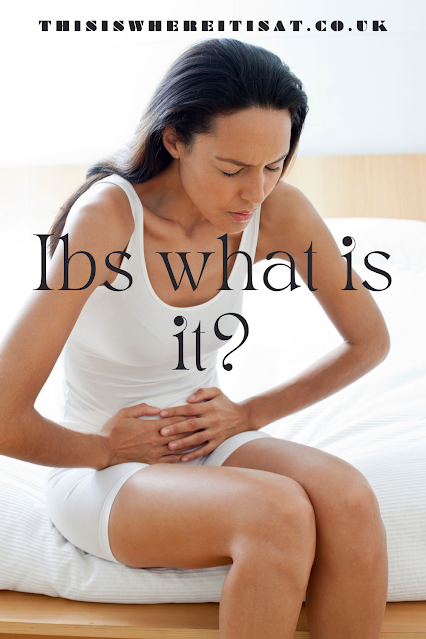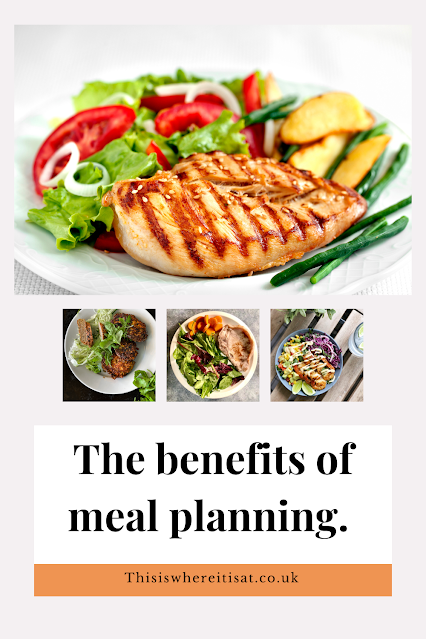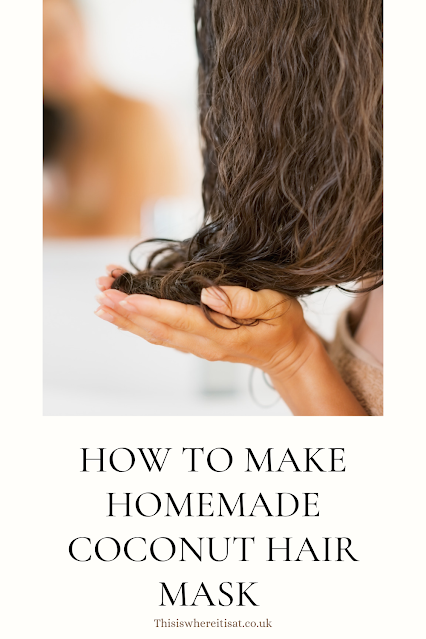Monday 4 September 2023
5 tips to ease migraine pain.
Monday 28 August 2023
5 benefits of journaling.
Monday 21 August 2023
Ibs what is it?
Monday 7 August 2023
The benefits of meal planning.
Monday 17 July 2023
The benefits of unplugging from technology
Monday 10 July 2023
How to Overcome Writer's Block
Monday 3 July 2023
How to deal with restlessness
Monday 26 June 2023
How to make homemade coconut hair mask
A coconut oil hair mask is quick, low-cost, and efficient to calm frizzy, dry hair.
Because it includes lauric acid, a type of fatty acid that aids in moisturising your hair, it is a particularly effective hair treatment.
Follow these instructions to make an easy coconut oil hair mask at home.
Ingredients.
- * 2 tablespoons of coconut oil.
- * 1 tablespoon of olive oil.
- * 120 ml of honey (optional).
Method.
1. In a small dish, mix the coconut oil and the olive oil. Both coconut oil and olive oil are thin, natural treatments that can add shine and hydration to dry hair.
To get the most out of these hydrating substances, combine both in a dish.[1] For longer hair, increase the amount of each ingredient while maintaining the balance.
Because it nourishes and softens your hair, coconut oil is an ideal ingredient for hair masks.
2. Honey can be added to moisturise and brighten skin tone. Another all-natural product that locks in moisture is honey, which is also excellent if you want to lighten the colour of your hair subtly. To loosen it up, add 20 ml and thoroughly stir.
Don't add honey if you don't want to change the colour of your hair.
3. Gently comb the mixture through your hair. Apply the mixture to your hair with your hands and comb a wide-toothed comb through the strands to distribute it evenly. Make careful to cover all of your hair, from the tips to the roots, with the mask.
Pay special attention to coating your ends. They are usually the most damaged and dry parts of your hair.
4. Gently comb the mixture through your hair. Apply the mixture to your hair with your hands and comb a wide-toothed comb through the strands to distribute it evenly.
Make careful to cover all of your hair, from the tips to the roots, with the mask.
Pay special attention to coating your ends. They are usually the most damaged and dry parts of your hair.
5. To assist the mask in penetrating your hair, use heat. You can also use a hair dryer to heat your hair if you'd like.
For a few minutes, direct the drier at your hair to open the cuticle and aid the mask's efficacy.
6. In the shower, thoroughly rinse the mask, then condition it. After rinsing off the mask in the shower, condition your hair, as usual, to help eliminate any remaining products.
Although shampooing may suck out even more moisture from dehydrated hair, it is still an option.
To maintain healthy, smooth hair, use this mask once a week.
Cheers for reading X
Monday 12 June 2023
How to stop your hair from fizzing after washing it
Monday 22 May 2023
Tips to wake yourself up in the morning.
When you first open your eyes, it's common to not feel your best. Continue reading for advice on waking up and getting out of your sleepy zone. ASAP.
A few advantages come with making your bed each morning.
In order to wake up more easily, get out of bed after the first alarm.
Setting your alarm a little later and forgoing the morning snooze may be more beneficial in order to get the most amount and quality of sleep.
3. Let the Light in.
When you awaken, open the blinds or curtains. also go outside. Your brain functions better and your body clock runs more smoothly under natural light.
Determine how much sleep you require (7 to 9 hours each night is suggested) and try to go to bed early enough to feel rested.
Your body will ultimately start waking up naturally if you follow your sleep routine every day, even on your days off.
5. Power Down Your Devices.
Hello!
 Thank you for coming by! This is my blog where I write about a range of topics such as motherhood, autism and lifestyle. Come along for the ride.
Thank you for coming by! This is my blog where I write about a range of topics such as motherhood, autism and lifestyle. Come along for the ride.
POPULAR POSTS
BLOG ARCHIVES
-
▼
2024
(54)
-
▼
April
(14)
- My Sunday photo 28/04/2024
- What is toxic negativity?
- Taming the Tummy: Top Shapellx Shapewear for a Fla...
- The Curse of the Underwhelming World
- My Sunday photo 21/04/2024
- Community Support and Resources for Those Facing F...
- 2024 on Netflix UK: The Must-Watch Shows Captivati...
- My Sunday photo 14/04/2024
- Navigating Autism Support in the UK: A Parent's Guide
- The Top Tips For New Freebie Hunters
- Comparing Streaming Services: Finding the Best Val...
- My Sunday photo 07/04/2024
- Best jobs for people with autism
- Salted Caramel Brownie Recipe
-
▼
April
(14)














.png)
.png)
.png)
.png)
.png)
.png)









